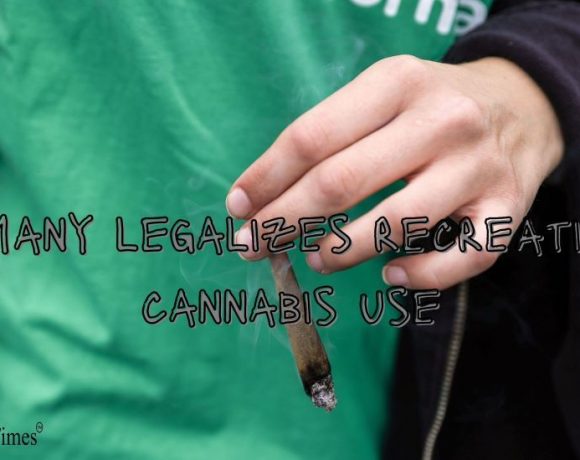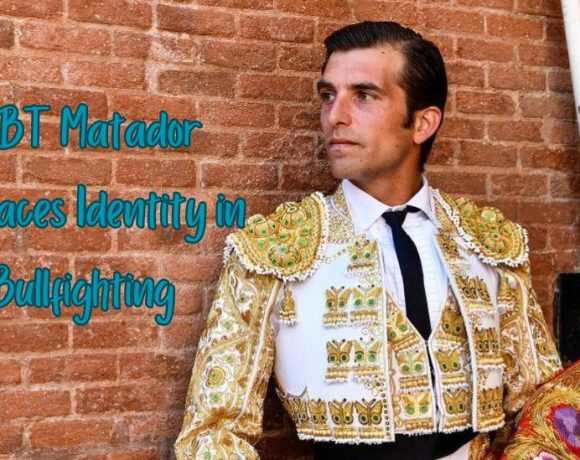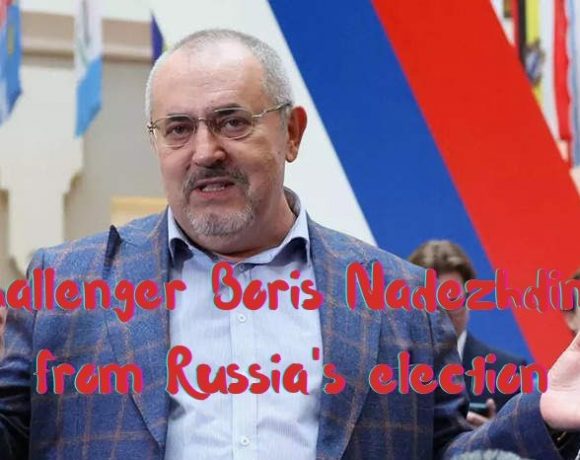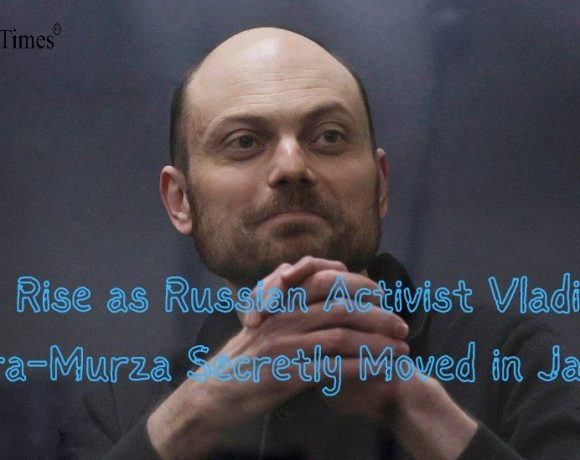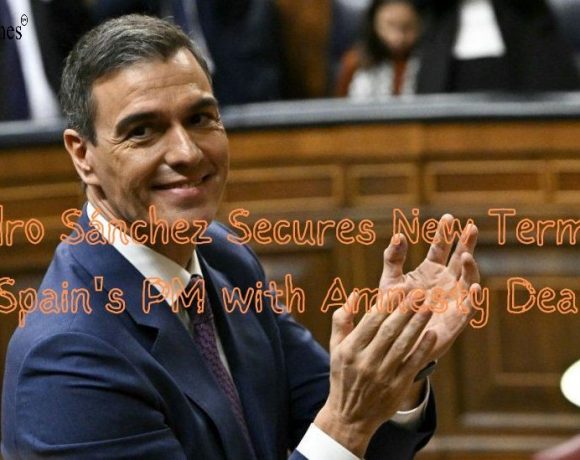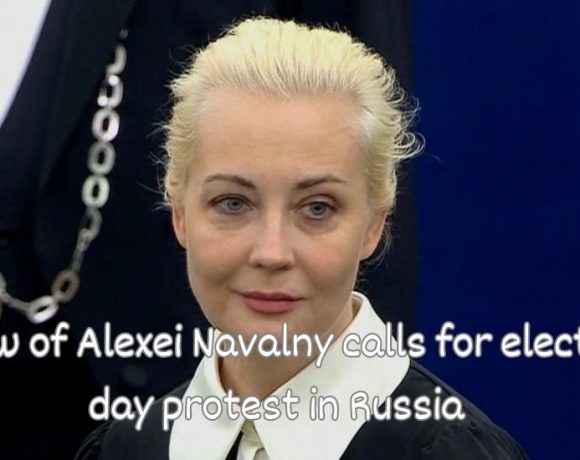
Yulia Navalnaya, the widow of Russian opposition leader Alexei Navalny, has urged for a protest against President Vladimir Putin on election day, scheduled for March 17th. She encourages people to gather at polling stations at noon, forming long queues, as a way to demonstrate their presence and strength. This initiative, dubbed “Midday against Putin,” aims to show solidarity and opposition to Putin’s regime.
Navalnaya emphasizes that this action is simple and safe, yet effective in making a statement. Participants are encouraged to vote for any candidate other than Putin, spoil their ballot, or write “Navalny” prominently. The idea of this midday gathering was originally proposed by Navalny himself before his death.
Navalny, a prominent critic of Putin, was disqualified from running in the 2018 presidential election and later faced imprisonment on politically motivated charges, leading to his death in custody, which many believe was orchestrated by Putin.
Since Navalny’s passing, Navalnaya has stepped into the political arena, addressing international bodies and leaders, including the European Parliament and US President Joe Biden. She expresses gratitude for the support shown at her husband’s funeral and emphasizes that the vision for a better Russia, championed by Navalny, lives on through the people.
Picture Courtesy: Google/images are subject to copyright

